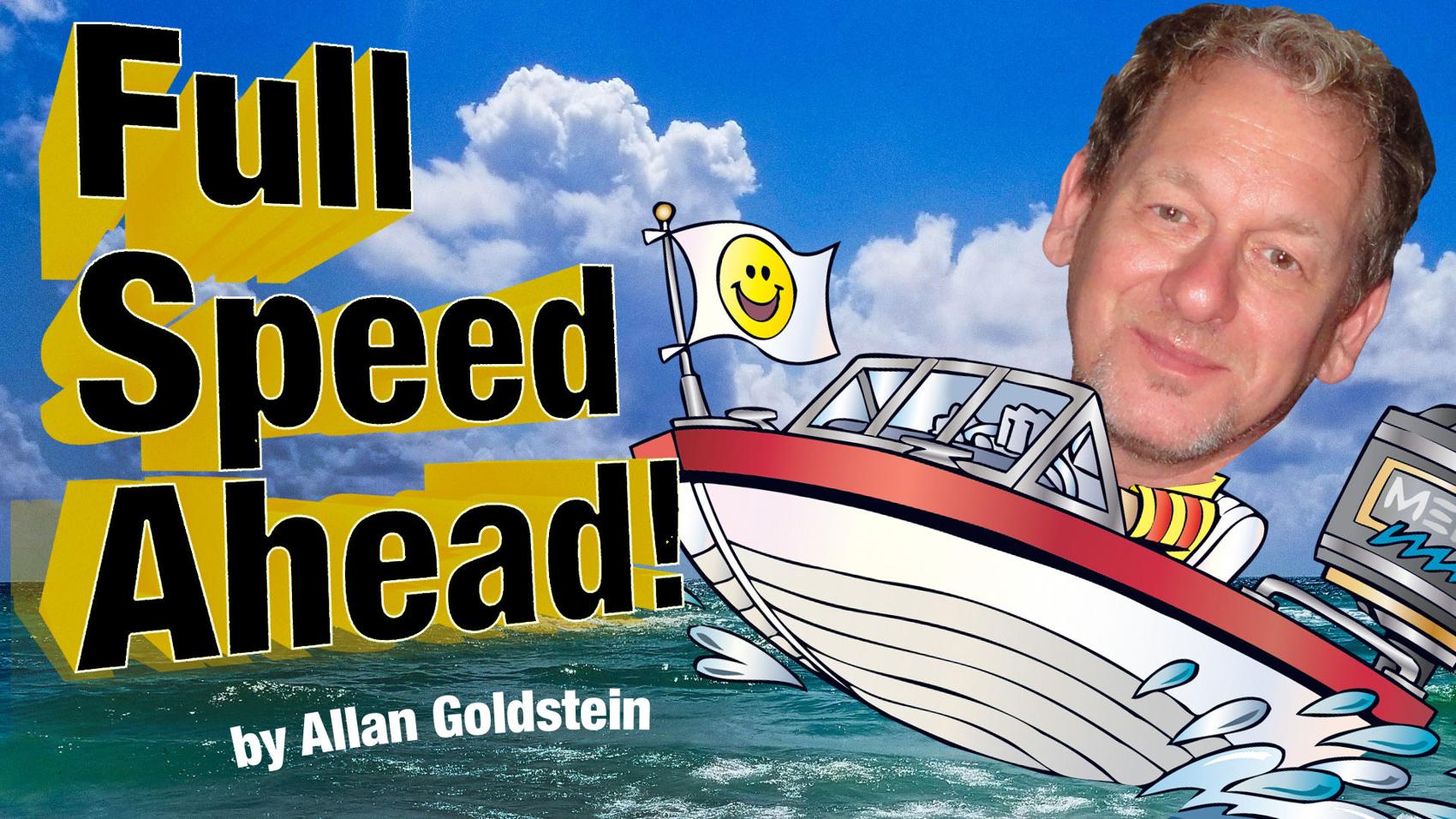FULL STEAM AHEAD: More On Substance Abuse


Last year, we did a four-part series on older adult substance abuse. This year, we’re continuing that discussion with the focus on rehabilitation.
The National Institutes of Health reports that of the 43 million people aged 65 and older, 4.4 million — more than 10 percent, need immediate treatment for their drug and alcohol addictions. What is causing this explosion? Are baby boomers simply a hedonistic group of party goers intent on drinking and medicating themselves into oblivion?
Or, is there another explanation?
I sought out an expert who has talked the talk and walked the walk to help me uncover some answers. Dr. Harry Haroutunian — his clients call him Dr. Harry — is an internationally recognized expert in the field of older adult addiction. He was the Physician Director at one of the nation's leading addiction treatment facilities, the Betty Ford Center, and he is a recovering alcoholic.
Dr. Harry provided me with the “other explanation” that I was looking for. Exuding a sense of deeply held compassion for his patients, he explained, “Many older adults come to me with at least 10 medications in a bag, they arrive with medical histories of declining mental and physical health, histories of children they have lost, grief, old traumas and abuse histories, depression, and anxiety that they’ve been medicating one way or the other for years.”
To get a better handle on what Dr. Harry is talking about, let me share with you a single representative story, from the possible 4.4 dependency million stories out there, about a baby-boomer named Bob.
Bob was in his mid-60s when his wife died in a car accident. A year later, Bob suffered a minor stroke. Bob had always drunk a beer or two but addiction had never been an issue. His kids were close to him but they had their own lives to live and after being alone for a few more years, and experiencing a continued decline in his health, Bob started drinking more heavily.
Bob began having trouble sleeping and felt an overall sense of anxiety. His doctor prescribed something for his sleep issues and something else for his anxiety. He warned him not to combine alcohol with the drugs.
Bob didn’t heed his doctors warning and pretty soon he was washing down his sleeping pills with three or four beer chasers. Then one night after tying one on, Bob ended up stumbling around his house, fell down, and cracked his head wide open.
Bob had no choice but to call his eldest son, who took him to the ER. The doctor questioned him about his possible use of alcohol and medication. Bob vehemently denied it. Both the doctor and his son were skeptical but they didn’t push the issue.
Bob began feeling guilty, isolated and ashamed. He ratcheted things up from downing beers and pills to pounding down tequila shots and meds.
He stopped visiting his kids as often, he wouldn’t answer the phone and he increasingly showed up to family events disheveled and intoxicated.
The family was beside themselves. They decided to try an informal intervention. Bob’s two grown boys and their teenage kids all wrote letters lovingly expressing how much they missed doing the family things they had once shared together. They wanted their father/grandpa back.
They arrived unannounced at Bob’s home and read their letters aloud to him. Bob broke down weeping and agreed to try and find help at a rehab. The entire family joined Bob, shedding tears of joy, and hoping that better days were to come. They didn’t know it at the time, but they were all about to embark on a very bumpy journey, that would be extremely challenging not just for Bob but for his entire family.
TO BE CONTINUED
Allan Goldstein is a retirement counselor in Long Beach.
 Pathways Drug Rehabilitation Luxury Addiction Treatment & Detox Center
Pathways Drug Rehabilitation Luxury Addiction Treatment & Detox Center


